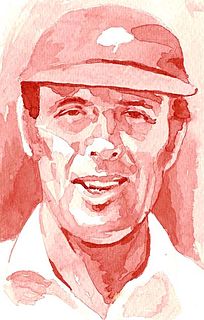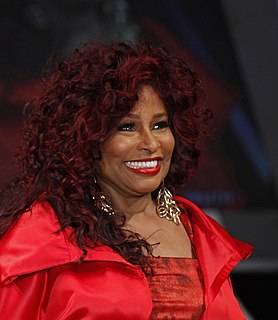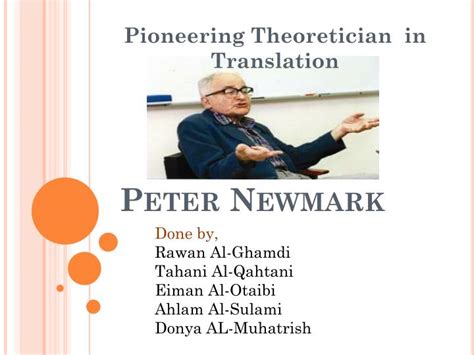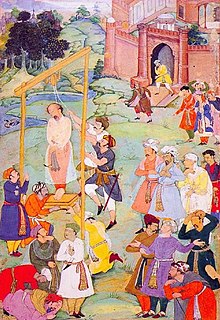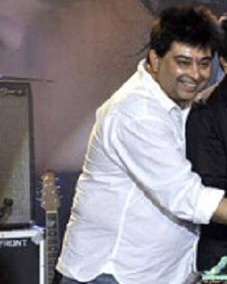A Quote by Geoffrey Boycott
The Prince of Calcutta. Two of his special qualities are his intelligence and articulation, both of which have helped him immensely in the world of contemporary cricket.
Quote Topics
Related Quotes
The contribution of Anthony William Greig to English cricket has been underestimated because of his allegiance to Kerry Packer and his choice to recruit players for World Series Cricket while still the England captain. His critics hold that as a black mark against him, which rules out anything else he may have done.
The master in the art of living makes little distinction between his work and his play, his labor and his leisure, his mind and his body, his information and his recreation, his love and his religion. He hardly knows which is which. He simply pursues his vision of excellence at whatever he does, leaving others to decide whether he is working or playing. To him he's always doing both.
Ronald Reagan was one of our great foreign policy Presidents. He did not come from the Senate. He did not come from the foreign policy world. He was a governor, but his resolve, his clarity of purpose, his intelligence, his capacity to deal with complex issues and solve tough problems served him extremely well, and if I were elected President, I hope I could rely upon those same qualities.
As for our pupils talk, let his virtue and his sense of right and wrong shine through it and have no guide but reason. Make him understand that confessing an error which he discovers in his own argument even when he alone has noticed it is an act of justice and integrity, which are the main qualities he pursues; stubbornness and rancour are vulgar qualities, visible in common souls whereas to think again, to change one's mind and to give up a bad case on the heat of the argument are rare qualities showing strength and wisdom.
It makes him contemptible to be considered fickle, frivolous, effeminate, mean-spirited, irresolute, from all of which a prince should guard himself as from a rock; and he should endeavour to show in his actions greatness, courage, gravity, and fortitude; and in his private dealings with his subjects let him show that his judgments are irrevocable, and maintain himself in such reputation that no one can hope either to deceive him or to get round him.
The definitions of humanism are many, but let us here take it to be the attitude of those men who think it an advantage to live in society, and, at that, in a complex and highly developed society, and who believe that man fulfills his nature and reaches his proper stature in this circumstance. The personal virtues which humanism cherishes are intelligence, amenity, and tolerance; the particular courage it asks for is that which is exercised in the support of these virtues. The qualities of intelligence which it chiefly prizes are modulation and flexibility.
Though freedom and wealth are both good things which most of us desire and though we often need both to obtain what we wish, they still remain different. Whether or not I am my own master and can follow my own choice and whether the possibilities from which I must choose are many or few are two entirely different questions. The courtier living in the lap of luxury but at the beck and call of his prince may be much less free than a poor peasant or artisan, less able to live his own life and to choose his own opportunities for usefulness.
In this world, man has two significant possessions: intelligence and emotion. These two possessions govern our day-to-day life. But very often we see that emotion (ego) gets the upper hand in our life. We know that even if someone is extremely intelligent, when his emotion comes to the fore it will devour him. He is compelled to do what his emotion asks him to do.
Man is more than his environment. It is from the innate quality of the Spirit in him, his inner storehouse, that he draws those ideas, his intuitions, which unify his perceptions of the external world instantaneously with a value which is qualitative and not quantitative, and which he embodies in the works of his culture - those achievements which belong not only to one particular time but to all times, and mark the path of his upward progress.
